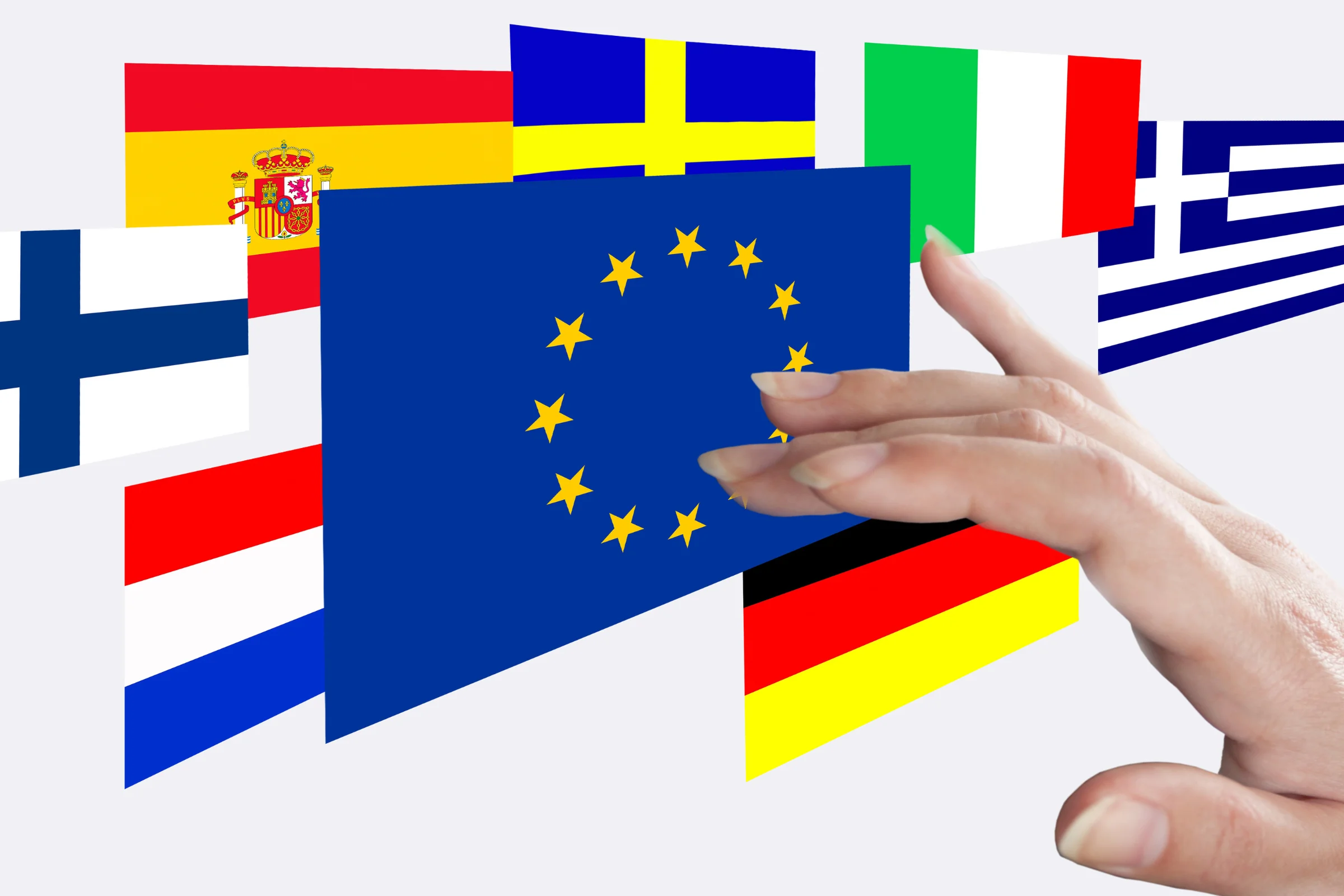Understanding the EU Whistleblowing Directive: Protecting Whistleblowers and Promoting Transparency


Whistleblowing has long been a critical tool for uncovering wrongdoing and promoting organisational transparency. Recognising its importance, the European Union has introduced the EU Whistleblowing Directive to standardise and strengthen protections for whistleblowers across member states. This blog post will delve into the EU Whistleblowing Directive, its requirements, the protection it offers, the whistleblowing policy and the criteria for whistleblowing.
The EU Whistleblowing Directive, officially known as Directive (EU) 2019/1937, was adopted on October 23, 2019 and requires EU member states to implement national laws by December 17, 2021. This directive, often called the EU Whistleblowing Directive, aims to provide robust protection for individuals who report breaches of EU law in various areas, including public procurement, financial services, product safety, environmental protection, public health and consumer protection. By standardising whistleblower protections across the EU, the directive seeks to create a safer environment for individuals to report illegal activities without fear of retaliation.
The EU Whistleblowing Directive sets out several critical requirements for organisations and member states:
The EU Whistleblowing Directive offers significant protections, but there are conditions that whistleblowers must meet to be fully protected:
While these conditions prevent misuse of whistleblowing mechanisms, they ensure that organisations provide robust protection from retaliation to genuine whistleblowers.
A whistleblowing policy is a set of guidelines and procedures established by an organisation to facilitate reporting illegal activities, unethical behaviour, or other breaches of law or company policies. An effective whistleblowing policy typically includes:
To ensure that whistleblowing is effective and protected under the EU Whistleblowing Directive, whistleblowers must meet specific criteria:
By meeting these criteria, whistleblowers can ensure that their actions are protected under the directive, allowing them to report wrongdoing confidently and without fear of retaliation.
The EU Whistleblowing Directive marks a significant step forward in promoting transparency and accountability within organisations across the European Union. By establishing precise requirements, protecting whistleblowers from retaliation and ensuring confidentiality, the directive creates a safer environment for reporting breaches of EU law. Organisations must develop and implement comprehensive whistleblowing policies, while individuals must understand the criteria and protections in place to safeguard their rights. These measures will foster a culture of integrity and accountability, benefiting organisations and society.